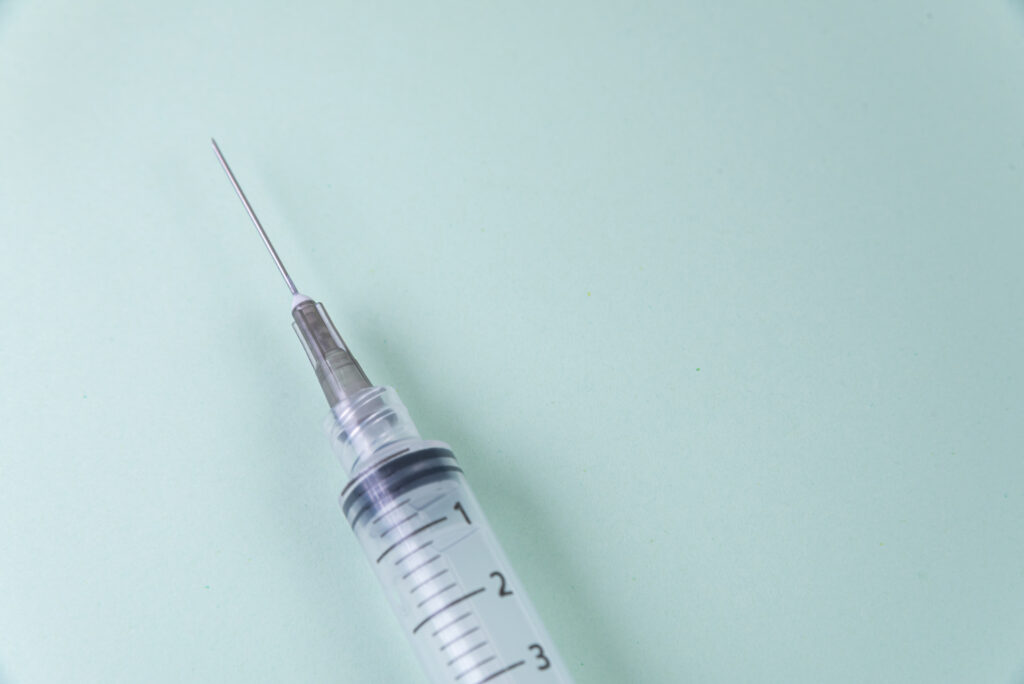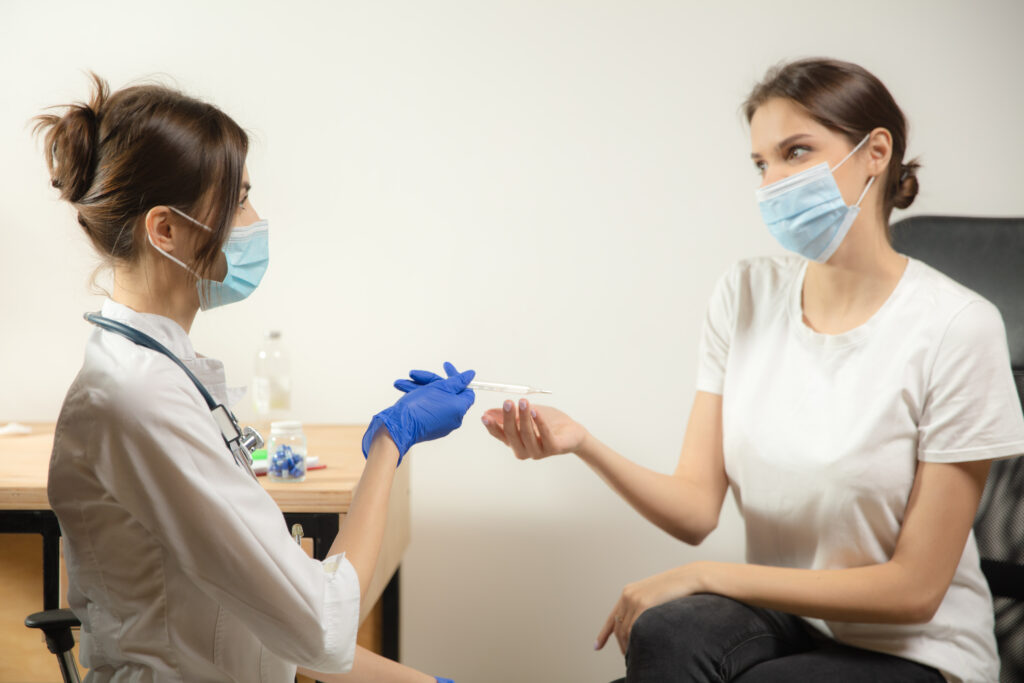Let’s get straight to it: The Dutch prescribe free heroin to their heroin addicts. And it’s legal too. While the Dutch are (in)famous for their liberal approach towards drug use and legalisation, heroin has an especially bad rep. 💉
After all, everyone knows that it is one of the most addictive substances there is, right? Free access surely won’t make the addiction problem any better.
But, hear us out — the Dutch providing heroin to heroin addicts surprisingly makes a lot of sense.
Wait, heroin is legal in the Netherlands?
Okay, heroin isn’t legal. Meaning, you can’t just walk into your local supermarket or coffeeshop to go and buy it.
Heroin still counts as a hard drug in the Netherlands, along with cocaine, amphetamine, LSD etc. and is criminalised.
As you probably know, soft drugs such as weed are handled differently, and you can purchase them without ending up in prison.
It’s decriminalised, but not yet legal: the Dutch are a bit slow on this front.

Either way, while you’re not allowed to sell or buy hard drugs in the Netherlands, it’s technically legal to consume them.
That means that if someone is found using heroin on the streets, they won’t go to prison for it.
This brings us to the reasons the Dutch prescribe heroin to their heroin addicts.
So…heroin addicts just get heroin for free?
In the Netherlands, yes!
It’s called Heroin Assisted Treatment (HAT) and was officially introduced in 2007.
You should know that HAT is considered a sort of ‘last resort’ for heavy and chronic heroin users that did not respond to other treatment methods.
Usually, the first step is to prescribe methadone, a substance that helps to reduce withdrawal symptoms and curb drug cravings.
Registered heroin addicts also receive regular health checks from the GGD (Public Health Service) and other counselling options.
If, however, none of these treatments proves effective, the Dutch opt for prescribing medicinal heroin.
It is simply considered to be the best alternative because it offers addicts safe conditions instead of the dirty needles and spiked heroin they might face elsewhere.
You see, the Dutch are pragmatists: they know the dangers of addiction, and figure it’s better to be safe than sorry.
How exactly does it work?
So, what exactly happens behind the closed doors of heroin-giving GGD and doctor’s offices? 👀
It’s not as sketchy as it sounds. After all, the programme wants to provide an environment that is as safe as possible for the addict.
After being approved for the program and registering at the front desk, the patient has to prove that they are sober by blowing into a breathalyser.
If they pass the test, they are good to receive the heroin.
The drug is presented in entirely sterile conditions. Not only is the substance as clean as it gets, but so are the tools provided with it.
The patient then uses the drug entirely under supervision — in a private room with windows where a worker can watch in case of an overdose.
Does the Dutch approach to heroin addicts work?
Well, it depends on how you look at it. Obviously, prescribing heroin to an addict will not help them to get off the drug.
But, in this case, that’s also not really the goal.
Instead, there are two main ideas behind the prescription of medicinal heroin:
- To reduce crime rates for the sale, purchase and use of heroin
- To make heroin use for chronic addicts as safe as possible
In that case, succes! 🎉
The Netherlands has seen a consistent decrease in heroin usage since medicinal heroin was legalized in 2007. The most recent figures show a drop from 18,000 registered addicts in 2008 to 14,000 in 2012.
Also, if you compare the number of Dutch opiate users per 10,000 inhabitants (technically, heroin is an opiate), they fare the best out of 14 other European countries surveyed.
In the Netherlands, an estimated 13 people out of 10,000 use heroin. In the UK, which fared the worst, it is an estimated 74. Yay Dutchies! 🇳🇱
But — it didn’t always look so good.
How did the Dutch get here?
Time for a little history lesson! 🤓
Did you know that heroin used to be a massive problem in the Netherlands in the 70s and 80s?
The numbers were crazy. Heroin was first introduced to the Netherlands in 1972. Only two years later, in 1974, there were already 5,000 people addicted to the substance.
In 1983 (that’s only 10 years on!) that number rose to 30,000. (If this wasn’t clear already — a big ❌ to heroin, kids!)

As the drug became more and more expensive, crime and prostitution rates were also on the rise.
Testing of medicinal heroin on patients was part of finding solutions for a serious public health problem.
By the way: The Netherlands are not the only country using HAT!
Next to the Dutch, the treatment is also applied by the Swiss, Canadians, and Germans.
What do you think about this approach towards heroin addiction? Let us know in the comments!





David Crosby, the singer in such groups as The Byrds and CSN&Y was a massive drug addict. He was arrested and incarcerated in a Texas prison. While there, since he had no access to drugs, he kicked the habit. He later said that going through withdrawal was the worst thing that ever happened, and was the best thing that ever happened to him. He has been clean for decades now.
Rather than keeping heroin addicts addicted to heroin it would be better for them, as well as society in general, to incarcerate them, keep them away from drugs, and let them go through withdrawal so that they won’t use it again. IF they go back to using, incarcerate them again and keep them incarcerated for the rest of their life.
The end of: Wthdrawal’s, an end to “chasing” the drug to find it, and then fund the purchase……..
Then, all the Legal ramification’s added
The Netherlans significant drop in heroin use reveal’s the paramount success of such an idea !
Well done to The Netherlands !!!
The Netherlands answer to The end of: Wthdrawal’s, an end to the addict’s “chasing” of the drug to find it, and then fund the purchase……..
Add in, all the Legal ramification’s which costs the citizen’s annually.
The Netherlans significant drop in heroin use reveal’s the paramount success of such an idea !
Well done to The Netherlands !!!
🙂
I compliment The Netherlands !
Maybe Portland, Oregon should consider this Novel idea !
So how do you feel about the addicts that hang out 24/7 outside Dutch Review’s office and that forced your building to put plants and a fence so that they don’t chill right at the door.